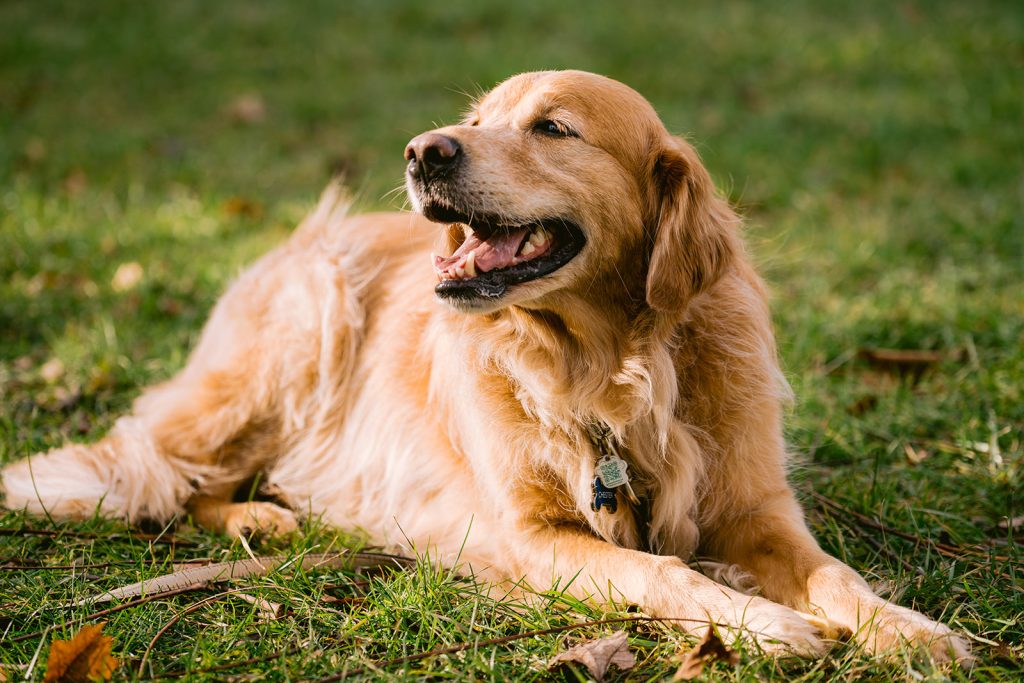As dogs get older, their body changes and it’s not just the number of gray hairs and naps that increases. Their chances of suffering from a health condition increase, too.
Aging dogs are prone to conditions like obesity, arthritis, and hip and elbow dysplasia. They also lose their appetite and cognitive function. Plus, their immune system weakens. And, while there is no Bowl of Youth, feeding them with foods that contain specific nutrients, can help slow down their aging symptoms.
Although there is no official list of best foods for senior dogs, there are some suggestions on the nutrients they should contain. Namely, senior dogs food should contain more protein, fewer calories, and no high-risk preservatives. Protein helps them absorb nutrients, fewer calories help them stay fit, and natural to low-risk preservatives ensure the food is more natural.
How to Feed Your Senior Dog?
- Increase the Protein Intake
Contrary to what many people think, senior dogs should eat more protein to fuel their muscles. Muscles are essential for dogs because they allow them to move. If their muscles are weak, they won’t be able to walk without support.
To ensure your senior dog stays in a good shape, you should feed that with around 50% more protein. However, if your dog looks good and is healthy, you should increase the protein intake to around 30%.
- Keep in Mind the Calorie Intake
Senior dogs are prone to gaining weight and obesity. If you notice your dog becomes fat, you need to feed them with food that contains fewer calories. However, very old dogs tend to lose weight and even become underweight. In this case, you should feed your dog more caloric foods.
- Add Supplements to Your Dog’s Diet
You should always feed your dog with nutrient-rich food, even from an early age, to ensure optimal health. But, the nutrients needed change as they grow older. If nutrients like vitamin D, vitamin C, and calcium are most required when dogs are young, more nutrients need to be added to keep your dog healthy at old age.
You should choose foods that contain the following supplements:
- Omega-3 fatty acids – to fight osteoarthritis and prevent the loss of cognitive function.
- Antioxidants – to improve their immune system.
- Vitamin D and calcium – for strong bones.
- Consider the Sodium and Phosphorus Levels
Most people don’t know about the role sodium and phosphorus play in dogs’ health, so they just skip these nutrients when looking at the food label. What a mistake!
Did you know that these two nutrients are essential for your dog’s organ health?!
Old dogs tend to suffer from heart and/or kidney disease and low sodium intake can help prevent both conditions. Low levels of phosphorus also help with kidney disease. But, unfortunately, this nutrient is never listed on food labels.
- Choose Soft Food
Senior dogs usually have dental issues, such as cracked teeth, missing teeth, or even dental disease. That’s why you should choose food that is soft and requires minimum chewing efforts. Small kibbles or canned food is a great choice.
 CA
CA  USA
USA 
